Quarantine time has been stressful for most of us. If you’re guilty of stress eating, then perhaps you’re starting to notice your waistline increasing and your pants tightening. With the inability to get out and exercise as much, diets might look promising. But before you start, I will deconstruct some diets to help you figure out which one is right for you to lose weight, get healthy, and feel great for longer.
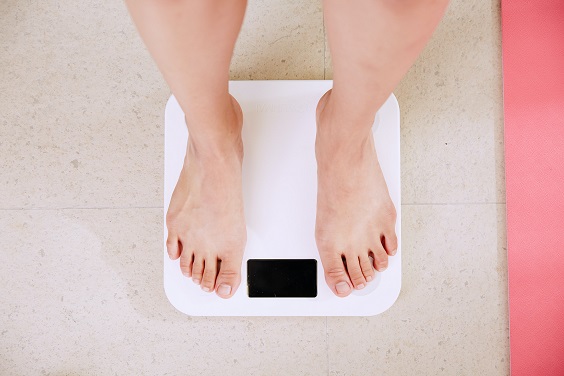
OK, ladies. Be honest…..Who remembers the cabbage soup diet?
Let me fill you in if you were never subjected to it. The cabbage soup diet is EXACTLY what it sounds like. A fad diet that has you eat nothing except cabbage soup for 1 or 2 weeks. Sounds appetizing, right? The menu sounds more inviting than the number of bathroom breaks you require when consuming that amount of cabbage soup!
Maybe that wasn’t for you, and instead, you tried the Scarsdale diet when it was all the rage in the 70s. This high-protein, low-carb fad diet designed for weight loss was created in the 1970s. It restricted you to 3 daily meals consisting of 43% protein, 22.5% fat, and 34.5% carbohydrates. You were only allowed 4 cups of water daily and stuck to this regime for 7 – 14 days.
In addition, it had many unsustainable food rules, like no avocado or potatoes, and prohibited healthy foods. It also restricted fat well below 30%, the recommended amount for long-term health and brain function. Obviously, this is not ideal.
As you can see, my point is that fad diets are not exactly science-based health recommendations. At best, they are an unsatisfying quick fix to lose weight. At worst, they are dangerous to your health and well-being.
Thankfully, fad diets are mostly a thing of the past. So, what are our options today? Let’s deconstruct the 5 most popular diets to determine if one size fits all.
Dissecting Diets – Which One Is Right For You?
5 Most Popular Diets Today
Keto – Ketogenic Diet
It is a term for a low-carb diet in which you get the majority of your calories from protein and fat instead of carbohydrates. With the Keto diet, you cut back mostly on quickly digestible carbs like sugar, bread, and pastries. This is not recommended for people with diabetes and should only be used short-term. There are claims that might help with acne and heart disease.
How It Works: When you eat less than 50 grams of carbs daily, you start a process called ketosis. In 3 -4 days, your body runs out of fuel (blood sugar) and breaks down fat and protein for energy. Essentially, your body uses your fat/muscle stores to keep you going.
Side effects: constipation and the “keto-flu,” which consists of headaches, weakness, irritability, and bad breath. Yikes.
My Verdict: Compared to other diets, more weight loss occurs in the first 3 – 6 months, but it’s not clear why. There’s speculation that it’s because it takes more calories to change fat into energy than it does with carbs or that you eat less because your diet is high fat/high protein, but neither of these theories has been proven.

Eat Right For Your Type
How it Works: This is interesting as it leads you to believe that it’s scientifically backed. You can read more about it here. The premise is relatively simple: different blood types require different proportions of food groups. The creator claims that eating the recommended foods for your type will cause your body to digest food more efficiently, lose weight, and maintain a healthy weight.
In addition, it recommends specific types of exercise unique to each blood group. For example, type As should do yoga, and type Os should run.
This diet is very costly as you have to buy specialty foods, and the creator recommends his own line of Vitamins and supplements that help with some stomach issues during this diet.
My Verdict: The Blood Type Diet makes recommendations based solely on your blood type without considering any other health conditions. So, if you have a chronic condition (say, diabetes) with a specific treatment plan, you could end up with a diet that directly contradicts that medical information.
As it recommends avoiding processed food and simple carbs, you are expected to lose some weight, but there is no evidence linking this to your blood type.
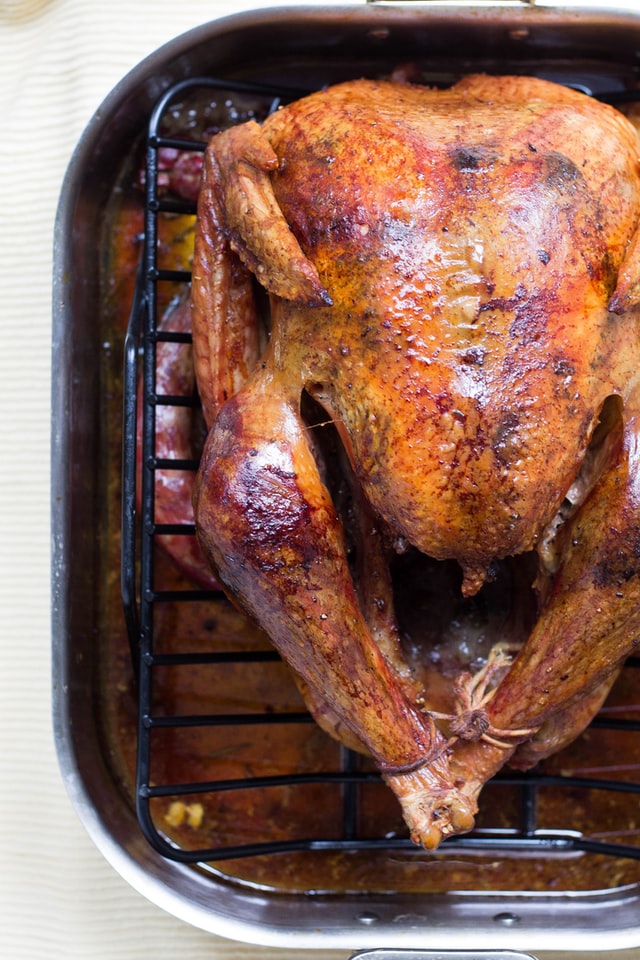
Paleo
The idea behind it is to eat like a caveman, rejecting foodstuffs unavailable to our paleolithic ancestors and returning to a diet closer to what was eaten by early humans. The diet’s reasoning is that the human body is genetically mismatched to the modern diet that emerged with farming practices. Other names for a paleo diet include the Paleolithic diet, Stone Age diet, hunter-gatherer diet, and caveman diet.
How it Works: You don’t eat processed foods, grains, white potatoes, sugars, beans, and dairy.
You CAN eat grass-fed meat, seafood, and eggs as 30% of the calories. Fruits and vegetables comprise another 30%, and the rest comes from nuts, seeds, and healthy fats.
The primary difference between the paleo diet and other healthy diets is the absence of whole grains and legumes, which are considered good sources of fiber, vitamins, and other nutrients. Dairy products, which are good sources of protein and calcium, are also absent from the diet.
My Verdict: Organic, grass-fed meat is expensive. Budget is a consideration for most of us, and sadly, it could make this diet inaccessible to many people. A paleo diet may help you lose weight or maintain your weight. However, there are no long-term clinical studies about the benefits and potential risks of the diet. No grains and beans are a big difference from other diets.

Veganism or a Vegetarian Diet
Many people think that switching to a vegan diet is simply not eating meat and that’s it, but it’s not that simple. Ditching animal-based protein means replacing it with protein from other sources. It is perfectly doable but requires much more effort to pre-plan and ensure that you meet your dietary needs.
Most doctors and nutritionists agree that a low-fat diet high in fruits, vegetables, and nuts can boost your health. Some of the benefits of meat-free diets include a lower risk of heart disease, lower cholesterol, less risk of type 2 diabetes, lower blood pressure, and lower BMI (body mass index).
However, despite these benefits, vegetarians and vegans need to take added care to ensure they get enough Vitamin B12, calcium, and zinc.
My Verdict: The Academy of Nutrition and Dietetics warns of the risk of vitamin B12 deficiencies in vegetarians and vegans. Vitamin B12 is found naturally in animal products. Deficiencies can lead to anemia and blindness, causing muscle weakness, tingling, and numbness. To counteract this risk, vegans should include B12 supplements, fortified cereals, and veggie burgers.
Furthermore, this option will create a balanced, healthy lifestyle but requires exercise to get those pounds off. Contrary to popular belief, you can get unhealthy vegans!
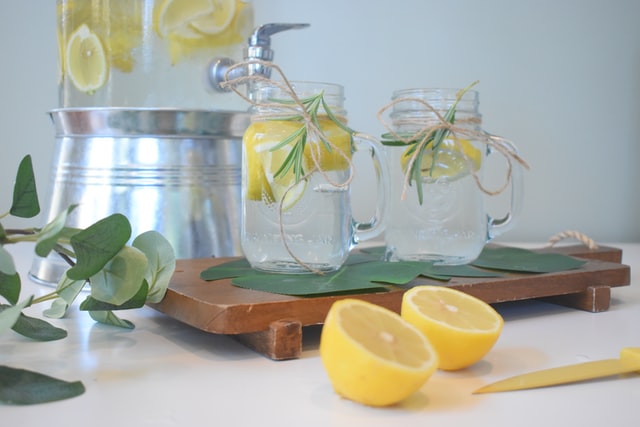
Detox Diets
Detox diets are super sneaky. Sure, they help you lose weight quickly and without much effort, but there is little to no evidence that they live up to their claims of detoxing the body. They are usually adhered to for a short duration, and the results are often just as short-lived.
How they work: Detox diets claim to –
- Rest your organs by fasting
- Stimulate your liver to get rid of toxins
- Promote toxin elimination through feces, urine, and sweat
- Improve circulation
- Provide your body with healthy nutrients
Detox diets rarely identify the specific toxins they aim to remove. The mechanisms by which they work are also unclear. In fact, there is little to no evidence that detox diets remove any toxins from your body.
Side effects: Some detox diets may pose the risk of overdosing on supplements, laxatives, diuretics, pills, and powders. In addition, colon cleansing can cause dehydration, cramping, bloating, nausea, and vomiting.
Several detox diets recommend fasting or severe calorie restriction. Short-term fasting and limited calorie intake can result in fatigue, irritability, and bad breath. You’ll be hungry, potentially dizzy, have low energy, and you are recommended to do no exercise. How is that even possible?
My Verdict: If you want to lose weight, a detox diet might help you drop a few pounds, but you’ll regain the weight. Overloading the system with so many vitamins and nutrients can be dangerous and trigger health issues.
Don’t waste your money and time. Your body naturally detoxes itself if you feed it healthy, nutritious food. You are good to go if you limit processed, high-fat, and sugary foods and replace them with whole foods like fruits and vegetables.
I don’t know about you, but I’m not exactly excited to try any of those options. So, what’s the alternative when you’re ready to lose weight?
What’s the best diet to lose that wicked quarantine weight?
The simple answer is: There is not one single diet that works for everyone, all the time, at any time, and forever. Choosing a diet requires consideration of many different aspects, each unique to the individual.
Things to consider:
- Body type: Are you tall and thin or short and stocky? Your body type does matter when it comes to diet.
- Dietary preferences: Nobody wants to stick to a diet full of food they don’t like.
- Budget: Everybody has a different amount they can spend on their food.
- Nutrition knowledge: How much you know about nutrition will impact your ability to decipher and decode food values, calories, and requirements.
- Lifestyle: Can’t cook, Won’t cook…your diet needs to reflect your ability and willingness to be a slave to the kitchen.
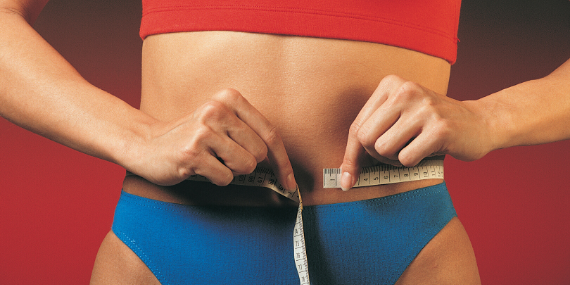
Do Any Of Them Work?
Effective nutrition programs have more in common than you think! Despite the shortcomings of many fad diets, they all have a few saving graces.
- They raise nutrition awareness. If you have more interest in what you are eating, that can only be a good thing.
- They focus on food quality. With a few exceptions, every diet camp recommends eating whole, minimally processed, nutrient-dense food. Moving away from highly processed foods can only be beneficial.
- They promote regular exercise. Most diets include a regular exercise plan to support fat loss, lean-out, or a healthy lifestyle. Regular exercise improves the ability to turn food into energy instead of fat.
One Size Does Not Fit All
No dietary option will be right for everyone, and your weight loss journey is unique. The most effective way for you to lose weight and get healthy is to implement healthy habits. You can check out my blog for some ideas on what those might look like. Long-term nutrition habits are the key to long-term success. With that said, you can start losing some weight without a diet at all. I hope that by directing diets, you could learn more about your needs.

3 ways you can lose weight without a diet
- Create healthy meals
Be proactive in your meal planning. Don’t just throw ingredients in your shopping cart and hope you can pull together a week of meals. Plan your meals, make a shopping list, and eat intentionally.
This habit reduces waste and enables you to prep in advance. I only cook 3 days a week, but we have healthy, nutritious meals daily because I can prep double the amount on some days. I like to use the Anylist app to add to my grocery list each week. That way, we don’t forget anything and end up phoning impromptu takeaways!
2. Eat slowly and mindfully
Take time, sit down without distraction, and focus on your meal. The texture, smell, and taste. It takes 20 minutes for your brain to register whether you’re full or not. Experiencing the meal encourages you to eat in a more healthy way, and you’re less likely to shovel it in and overfill yourself. Check out my post 5 ways to practice mindful eating.
3. Exercise every day
Incorporate NEAT (Non-exercise activity thermogenesis) into your day. That sounds harder than it is! In simpler terms, ensure you get in some non-exercise-based activity daily. Get up and move. You can park the car further away, take the stairs, or wander around the house. My laundry run up and down to the basement is super effective!
You can also make sure to schedule 15 minutes of exercise every day. That’s doable. If you’re not sure what to do, then go to my Yoube channel and follow along with any of my videos. I even have a 3-minute workout session!
So, what’s the best diet to follow to lose your quarantine weight?
It’s taken me a long time to get to the point. This is important information, and I hope you’ve followed along because I would hate to see you subjected to whatever the current version of the cabbage soup diet is!
Without a doubt, the diet for you is the one that works best for your lifestyle, budget, family, health, and time availability. Don’t look for quick fixes. Instead, pick up some healthy habits that will not only help you lose weight but will help you keep it off!
🌟Fasted + Fit Over 50 Jump Start, a 7-day self-study course! It’s your perfect first step towards better health, offering easy-to-adopt Intermittent Fasting strategies paired with Pilates exercises. It is ideal for kickstarting a healthier routine without feeling overwhelmed. Let’s begin your wellness journey together. Interested? Join the program right now.
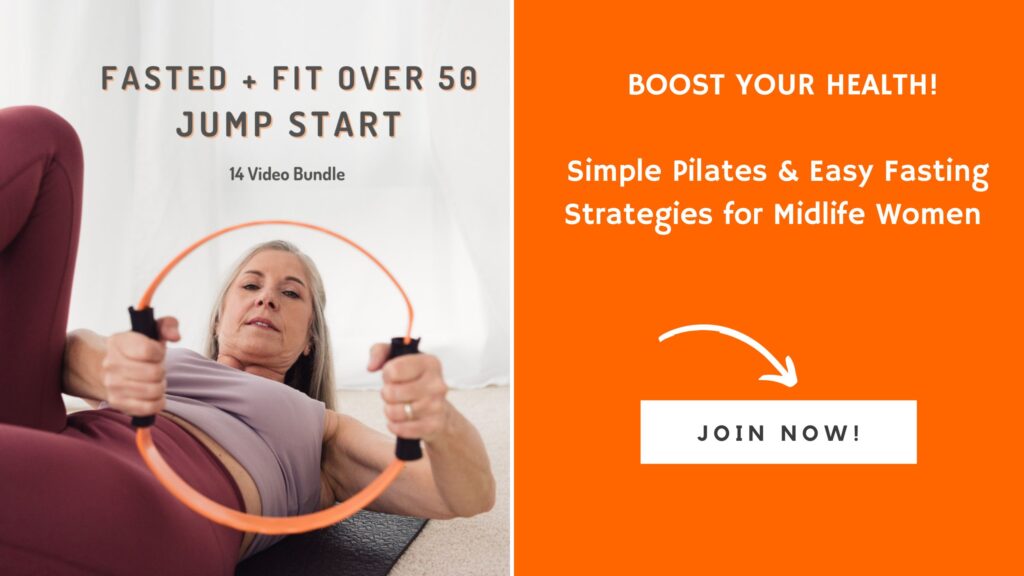
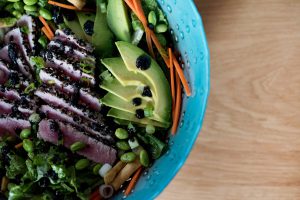


In love this! Saving it for reference!
Thank you, Heidi. Glad to help!
Finally. This makes complete sense to me and I kind of follow it. I admit to over indulging in alcohol the past few months, but I do exercise and I omit nothing from my diet. I keep sweet things to a minimum…
Excellent advice…
Thank you, Hilda. We all have overindulged and as long as we stay the course of health we’ll be ok. Everything within reason. Thanks for stopping by.
Pingback: #165 - 4 Steps To Watch What You Eat To Improve Your Health
Pingback: 4 Easy Ways To Eat Healthily Over 50
Comments are closed.